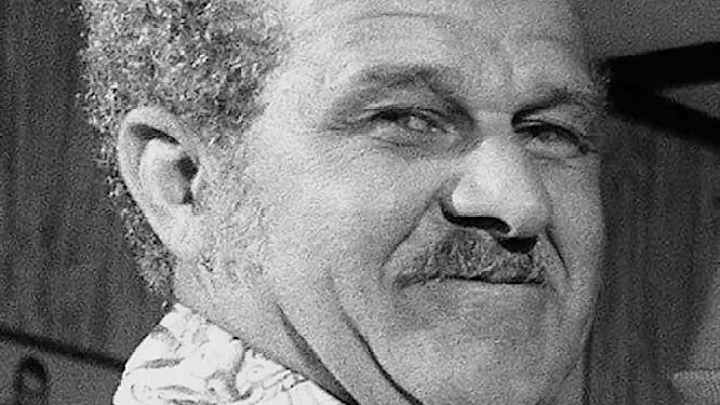Black History Month: Wendell Scott Faced Discrimination From NASCAR, But Kept Winning Anyway

This February, Sports Illustrated is celebrating Black History Month by spotlighting a different iconic athlete every day. Today, SI looks back on the legacy of Wendell Scott.
Wendell Scott was one of the greatest drivers of his time.
Though he wasn't able to fully actualize his talent—he had to miss several races a year because of racing's racist culture—he still finished in the top 10 in points in American racing's most renowned league four seasons in a row.
Scott finished sixth in points in 1966—again, despite missing several races—10th in 1967 and ninth in 1968 and 1969. And he did it all with outdated and hand-me-down equipment the racist institutions of the time forced him to drive with. But he still won plenty of races.
One notable race occurred in Jacksonville in 1963, when he won a heat on a half-mile dirt track at Speedway Park, becoming the first and, until 2013, only African-American to win a Grand National event.
In the race, Scott passed Richard Petty with 25 laps remaining and never relinquished the lead. However, Scott was not announced as the winner despite winning handily. Buck Baker was initially announced as the winner, but Scott was later declared the victor after officials realized they hadn't given Scott credit for two laps, according to Jacksonville.com.
Many suspect racism—not just a mere scoring error—played a role in officials snubbing Scott. The driver's children told The Atlantic they believed racist NASCAR executives didn't want an African-American to kiss a white beauty queen that customarily kissed the winning driver.
More From Biography.com
• Florence Griffith Joyner
• Jackie Joyner-Kersee
• Wilma Rudolph
• Althea Gibson
Despite all that, the race put him on the map. He finished that season with his best ranking up until that point in his career: 15th. Even so, his family didn't receive the Jacksonville trophy until 2010—20 years after Scott's death.
Still, his legacy lives on as a person and a racer that destroyed barriers, even with creaky equipment and a racist infrastructure impeding him at every turn.
From the SI Vault:
"Taking The Lead," by Lars Anderson (May 2, 2011)
More Black History Month Pioneers:
* Florence Griffith Joyner Smashed Records and Stereotypes
* Remembering Satchel Paige, Maybe The Best Pitcher To Ever Live
* Paul Robeson Was America's Quintessential Renaissance Man
